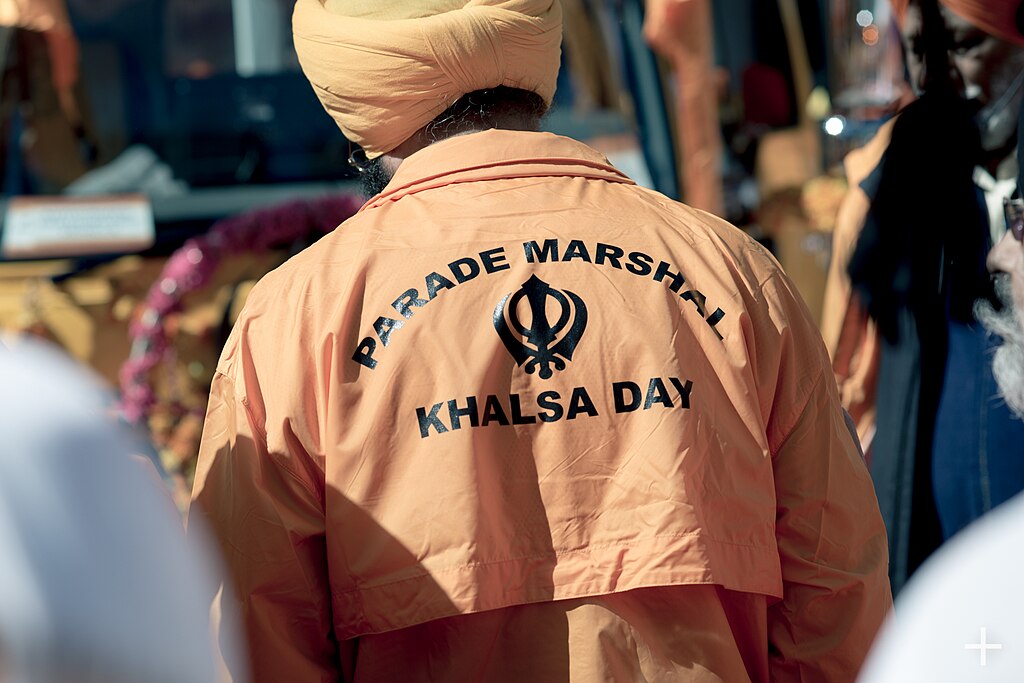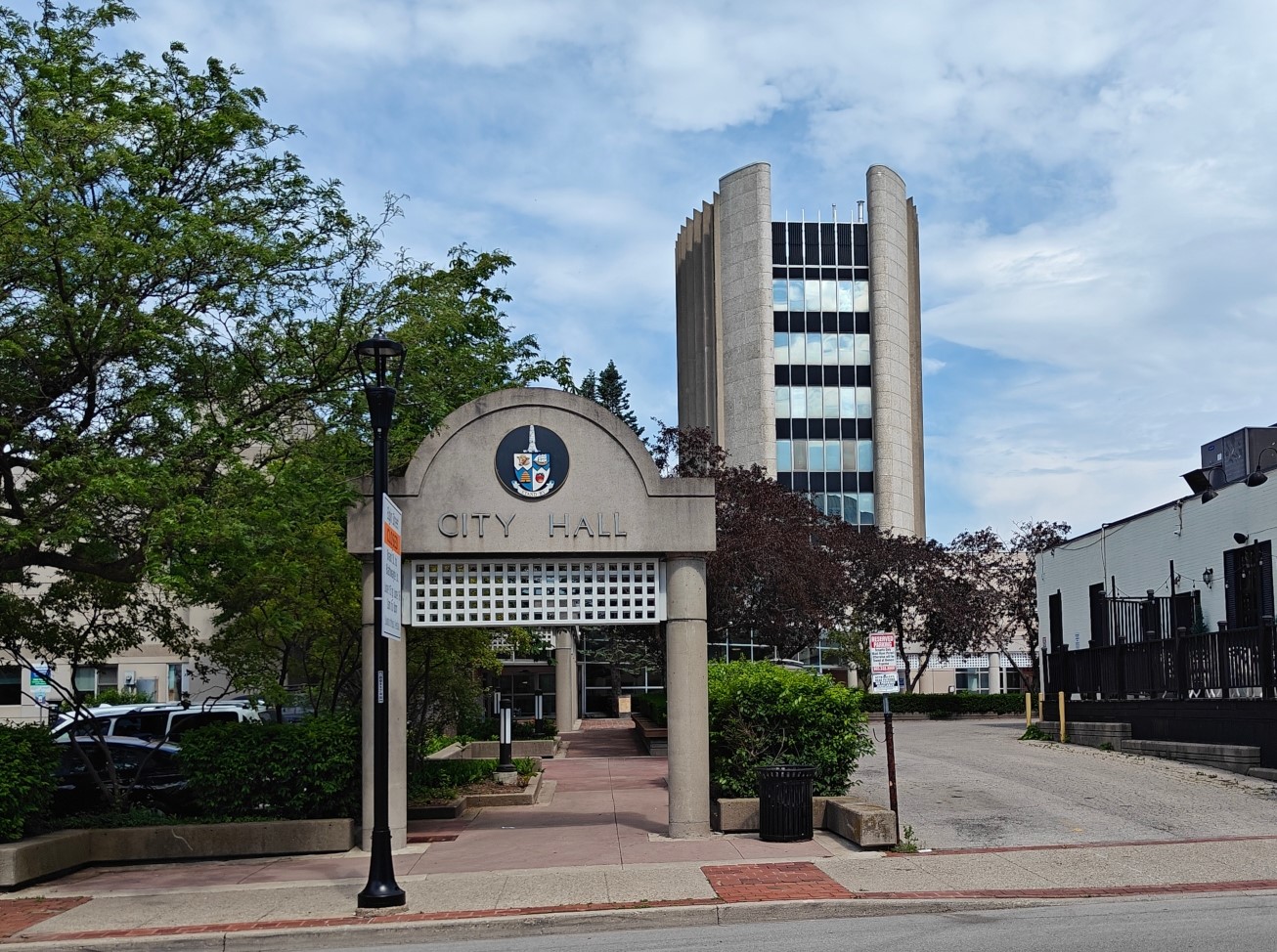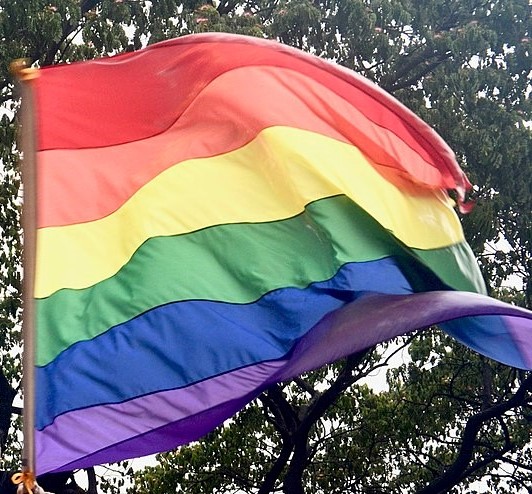Burlington’s Sikh community invites all of the city’s residents out to celebrate Khalsa Day on Sunday, April 14, with a Peace Parade and sharing in food afterward.
The festivities will begin at 1 p.m. at Guru Ravidass Gurdwara Sahib, with welcoming remarks from local politicians. MP Karina Gould, Mayor Marianne Meed Ward, Chief Stephen Tanner of Halton Regional Police Service, Burlington city councillors are expected to attend, says Charanjit Sandhi, chairman of the gurdwara.
The Peace Parade will follow, beginning at 2 p.m. Expect a decorated truck carrying the Guru Granth Sahib, the central Sikh holy book, accompanied by people singing and chanting; the Khalsa Community School Band, a children’s band from Brampton; and practitioners of gatka, a martial art practiced in the Sikh community involving sword and stick fighting.
The parade will begin and end at Guru Ravidass Gurdwara Sahib (2284 Queensway Dr.), from nearby Brenda Cres., then taking a circular route around Glenwood School Drive, Hazel St., Fassel Ave., and Phyllis St., before travelling back to Brenda Cres. and back onto Queensway Dr. A police-escorted rolling closure will be ahead of the parade; a city press release advised local traffic to expect a delay of approximately 30 minutes due to the procession.
Following the parade, the community is invited to partake in some food. “We want to share our food with people…[it will be] outside, in tents, and inside,” says Sandhi. Volunteers from the gurdwara come together to provide food donations and to cook the food for the community. It will be vegetarian, and in accordance with the Sikh service of langar, a communal meal shared by anyone who comes to the gurdwara.
Burlington’s gurdwara is named after Guru Ravidass, who was born sometime in the late 14th century or early 15th century as part of the leather-working Chamar caste. Sandhi notes that this meant that Ravidass was not allowed to pray in temples with other castes; Guru Ravidass ended up fighting against caste inequality “his whole life,” says Sandhi, as well as being a poet and spiritual figure.
Guru Nanak was the founder of the Sikh tradition, the first of the ten gurus; Ravidass met Nanak at some point, and 41 of Ravidass’ poems can be found in the Adi Granth, the first rendition of the Guru Granth Sahib. Nanak’s teachings included the equality of men and women, says Sandhi; he also denounced the caste system.
The order of Khalsa came into being in 1699, created by Guru Gobind Singh, the tenth guru. “He put all five different castes together, [they] ate together,” explains Sandhi, and initiated the first group as the Khalsa, as equals regardless of caste, who were then charged to protect others. Modern Sikhs can still be initiated into the Khalsa through the Amrit Sanskar ceremony, demonstrating their commitment and dedication. There are also the five Ks, notes Sandhi, that Khalsa Sikhs carry: these are the kirpan (a steel sword); kesh (uncut hair on the face and head); the kangha (a wooden comb); the kara (a steel bracelet); and the kanccha (plain cotton underwear).
Khalsa, explains Sandhi, means “pure,” and “Khalistan” means “pure land.” “Our gurus were looking for it,” says Sandhi, but “that’s Canada, we are here living it all together.”
This weekend, the creation of the Khalsa is being celebrated, in the true spirit of Sikhism, Sandhi says, “Come, enjoy, anyone can come, anyone is invited.”
Sources:
BBC. 2011. The founder of Sikhism. Url: https://www.bbc.co.uk/religion/religions/sikhism/people/nanak.shtml (accessed April 10, 2024).
BBC Bitesize. n.d. The nature of human life in Sikhism. The Khalsa. Url: https://www.bbc.co.uk/bitesize/guides/zjcbcj6/revision/6 (accessed April 10, 2024).
Discover Sikhism. n.d. Bhagat Ravi Das Ji. Url: https://discoversikhism.com/sikhs/bhagat_ravidas_ji.html (accessed April 10, 2024).




